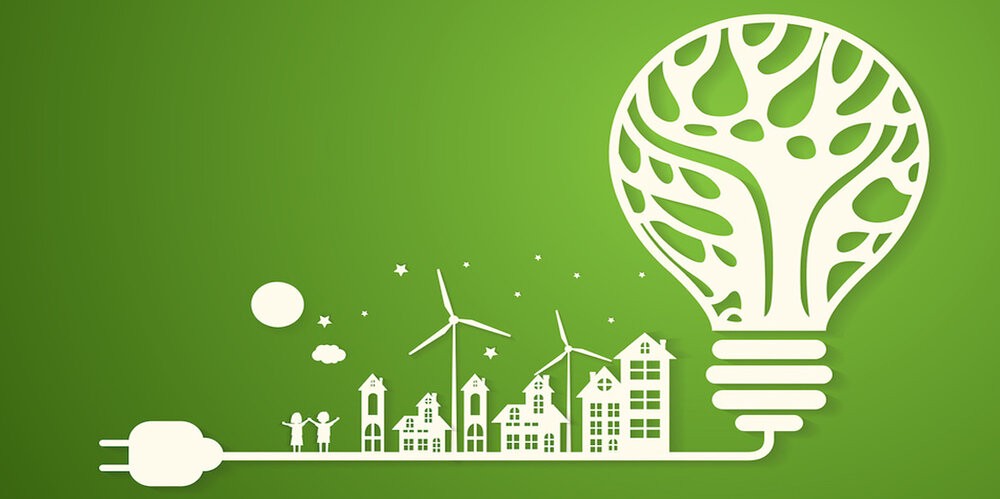
The Key to Energy Savings in Hotels: Proper Ventilation and Filtration
In a world where energy costs are rising rapidly and sustainability expectations are increasing, energy efficiency in hotels has become not just a choice but a necessity. Approximately 50% of a hotel’s total energy consumption comes from heating, cooling, and ventilation systems. Looking at this picture, the key to energy savings lies in proper ventilation and filtration systems.
So how can a hotel manage its HVAC systems to reduce energy costs without compromising guest comfort?
1. Proper Airflow: As Needed, Not Excessive
Different areas such as guest rooms, corridors, restaurants, meeting rooms, and lobbies have different air requirements. However, in many hotels, systems operate in “constant air volume” (CAV) mode, delivering the same amount of air to every area. This results in:
-
Unnecessary air circulation in empty rooms
-
Energy waste
-
Uneven temperature distribution
Solution:
-
Transition to variable air volume systems (VAV)
-
Automation systems operating based on room occupancy
-
Sensor-supported smart airflow control
Energy savings: Up to 20–30%.
2. Filter Selection: Clean Air or Energy Blockage?
Filtration maintains indoor air quality and ensures HVAC systems operate efficiently. However, incorrectly selected or poorly maintained filters:
-
Restrict airflow
-
Increase the load on fan motors
-
Raise energy consumption
-
Negatively affect comfort
Recommended filters:
| Filter Type | Purpose | Usage Area |
|---|---|---|
| G4 – M5 | Large particles | Primary pre-filtration |
| F7 – F9 | Fine particles | Room supply |
| Activated Carbon | Odor and gas removal | Kitchen, lobby, street-facing rooms |
| HEPA | High hygiene | SPA, health areas |
Additionally, pressure drop in filters should be measured periodically and replacement intervals determined. Otherwise, filters turn into energy consumers.
3. Heat Recovery Systems: Recover Wasted Energy
One of the most overlooked energy losses in hotels is the heat or cold expelled along with fresh air supply. Discharging conditioned indoor air while supplying fresh air is a major waste of energy.
Solution:
-
Use heat recovery units (HRV/ERV)
-
Systems that transfer exhaust energy to incoming air
-
Minimum 60% energy recovery
Benefit: Reduces heating-cooling load while continuously supplying fresh air.
4. Smart Energy Management with Automation and Sensors
Instead of manually operated systems, HVAC solutions integrated with automation ventilate each hotel area according to actual needs.
Automation benefits:
-
Room occupancy sensors to turn fan coil units on/off
-
CO₂ sensors to adjust airflow in meeting rooms
-
Day/night modes for energy optimization
-
Integration with PMS for climate control based on check-in/out data
Energy savings: 10–20% without compromising comfort.
5. Neglected Systems Consume Energy and Reduce Comfort
In many hotels, HVAC systems operate for years without maintenance. Filter changes, duct cleaning, and fan inspections are neglected. This results in:
-
Increased energy consumption
-
Higher risk of malfunctions
-
Guest complaints
-
Reduced system lifespan
Solution:
-
Implement a periodic maintenance program
-
Track filter replacement and performance via automation
-
Generate annual energy performance reports
Well-maintained systems consume up to 15% less energy.
6. VRF/VRV Systems: Modular and High-Efficiency Solutions
Modern hotels increasingly use VRF (Variable Refrigerant Flow) systems, allowing individual room control. Some rooms can be heated while others are cooled simultaneously, ideal for hotels with partial occupancy.
Advantages:
-
Zoned climate control
-
High COP (Coefficient of Performance)
-
Compressors operating according to energy demand
-
Lower operating costs
7. Energy Performance Certificate and Sustainability
Certification systems like LEED, BREEAM, or local EPC recognize HVAC efficiency as a key criterion. The higher the hotel’s energy class:
-
Environmental responsibility increases
-
Preferred by corporate clients
-
Eligibility for public incentives
-
Competitive advantage
Proper filtration and ventilation systems improve a hotel’s sustainability score.
Clean Air, Lower Bills, Higher Satisfaction
A hotel’s success lies in ensuring guest comfort while reducing operational costs. Achieving this balance requires a holistic approach, including proper filter selection, fresh air management, automation systems, and periodic maintenance.
The first step toward energy savings is improving the efficiency of the hotel’s HVAC systems—the “invisible energy leak.” And this can only be achieved through an integrated approach combining engineering expertise and operational perspective.
İlker KURAN
Alperen Mühendislik Ltd. Şti.







